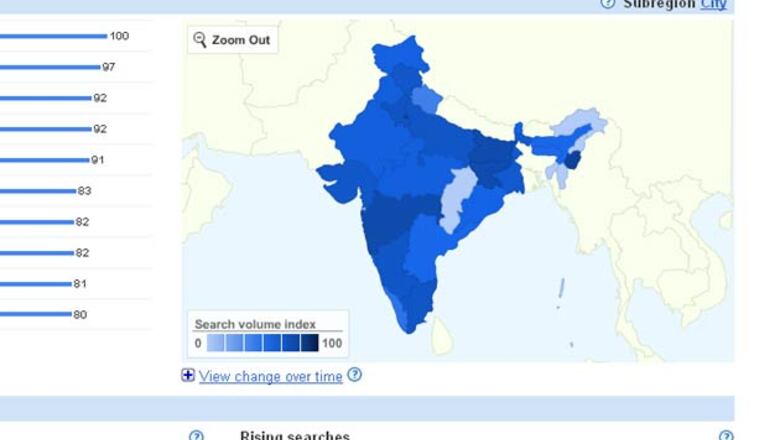
views
London: A unique project has been launched by the University of Cambridge to provide public access to languages in India and elsewhere that are endangered and are part of the world's disappearing spoken traditions.
The open database has been developed by the university's researchers at the World Oral Literature Project at its website, www.oralliterature.org.
The projects include ethnographic documentation of the literature and culture of the indigenous Mudugar and Kurumbar communities in Palakkad District, Kerala, using digital video, audio and photography.
Another India-based project is the recording of 20-hour ballad about the life and adventures of Tejaji, the Snake Deity, sung by the Mali community (gardeners) in Thikarda village of Bundi district, along with the documentation of Tejaji customs and traditions in the Hadoti region of Rajasthan.
The recordings will be transcribed and translated from Hadoti into Hindi and English, and distributed as a book and DVD.
The project includes records for 3,524 world languages, from those deemed "vulnerable", to those that, like Latin, remain well understood but are effectively moribund or extinct, university sources said.
Other projects based in Asia include a year-long project to collect, record, transcribe and translate Torwali oral literature with the full participation of the community in Pakistan, building on the ongoing Torwali dictionary
project supported by National Geographic.
In Nepal, the project includes recording, transcribing and translating the oral literature of the Ngadag Lamas of Nubri, and four weeks of fieldwork in Mustang, during which 51 songs from the orally transmitted Kha Lu repertoire
were recorded, transcribed and translated.
Researchers hope that the pilot database will enable them to "crowd-source" information from all over the world about both the languages themselves and the stories, songs, myths, folklore and other traditions that they convey.
Users can search by the number of speakers, level of endangerment, region or country.
In the United Kingdom, the site lists 21 disappearing languages, ranging from the relatively well known, like Scots and Welsh, to obscure forms such as Old Kentish Sign Language.
"We want this database to be a dynamic and open resource, taking advantage of online technology to create a collaborative record that people will want to contribute to.
"At present, the world has more than 6,500 living languages, of which up to half will cease to exist as spoken vernaculars by the end of the century," Dr Mark Turin, Director of the World Oral Literature Project said.
In most cases, their disappearance is a by-product of globalisation, or rapid social and economic change, he said.
The project aims to document and make accessible these spoken traditions before they are lost without record.
"While some severely endangered languages have been well documented, others, which may appear to be less at risk, have few, if any, records," Dr Turin said.
"Here in Cambridge we are interested not only in language endangerment levels but also in what might be called a 'documentation index'.
"To this end, we are locating references to and recordings of oral literatures in collections around the world. Of the 3,524 languages listed, about 150 are in an extremely critical condition," he said.
In many of these cases, the number of known living speakers has fallen to single figures, or even just one.
Examples include the Southern Pomo language, spoken by Native Americans in parts of California; Gamilaraay, the language of the Kamilaroi of New South Wales; and the language of the Sami communities based in northwestern Russia.
The database also covers extinct languages about which enough is known through existing records to render them visible.
In some cases this may be because the speech form died out very recently, as is the case with Laghu, which was spoken on Santa Isabel in the Solomon Islands and disappeared in 1984, Dr Turin said.
















Comments
0 comment